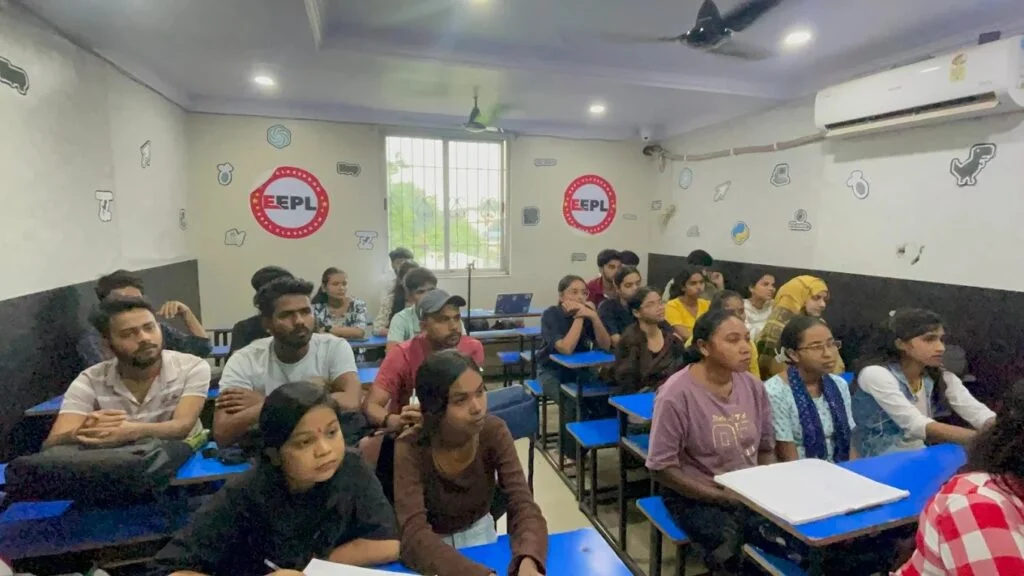Understanding the Concepts
One of the primary reasons students make mistakes in board exam mathematics is a fundamental lack of understanding of basic mathematical concepts. Many students tend to memorize formulas and procedures without fully grasping the underlying principles, which ultimately undermines their ability to apply these formulas effectively in problem-solving scenarios. This reliance on rote memorization can lead to critical errors, as the nuances of mathematical reasoning may be overlooked.
In various areas of mathematics, such as arithmetic, algebra, geometry, and statistics, students often harbor misconceptions that can skew their understanding. For instance, in arithmetic, students might struggle with the concept of fractions, frequently misapplying rules when it comes to addition or subtraction of unlike fractions. Similarly, in algebra, they may confuse the properties of exponents, leading to further complications when simplifying expressions. In geometry, a misunderstanding of fundamental shapes and their properties can result in incorrect calculations of area or volume. Moreover, in statistics, failing to grasp measures of central tendency could lead to incorrect interpretations of data.
To improve comprehension and mitigate these risks, it is beneficial for students to adopt a more interactive and engaging approach to learning mathematics. Practical examples should be utilized to connect theoretical concepts to real-life applications, thereby reinforcing understanding. Collaborative group studies can offer diverse perspectives and facilitate discussions that clarify confusing topics, while tutoring sessions can provide tailored explanations for individual challenges. Working with peers or educators allows students to engage with mathematical concepts more deeply, ultimately enhancing their confidence and performance in exams.
Time Management During Exams
Effective time management during board exams is a critical skill that can significantly influence a student’s performance in Mathematics. Many students often struggle to balance their time, finding themselves spending excessive amounts on challenging questions while hastily answering simpler ones. This imbalance can lead to incomplete papers and missed opportunities for marks. To enhance time management, it is essential first to develop a pacing strategy that accommodates the various sections of the exam. A well-structured plan allows students to allocate specific time blocks to each question based on their difficulty and marks value.
One effective technique is to quickly scan the exam paper upon receiving it. This preview provides insight into the distribution of questions and their respective complexity. Students should mark the questions they feel most confident about answering first, ensuring they accumulate marks before tackling more challenging problems. This approach not only boosts confidence but also preserves the mental energy needed for tougher sections of the exam.
Another vital strategy is practicing under timed conditions before the exam itself. Regularly timing practice tests can help students become accustomed to the pressure of the clock. Moreover, this practice allows them to refine their ability to gauge how long they should spend on individual questions effectively. Additionally, students should identify which types of questions typically consume more time, allowing them to develop quicker strategies for those specific types.
Marking questions for review within the exam can also be beneficial. If a student encounters a particularly difficult problem, it is wise to move on and return to it later. This method ensures that time is not wasted on a question that may lack a clear solution, thereby maximizing overall scoring potential.

Misreading Questions
Misreading or misunderstanding exam questions is a prevalent issue that many students face during their board exam in mathematics. This challenge often stems from skimming through questions too quickly, leading to careless mistakes. In particular, mathematics word problems can be especially tricky due to their nuanced wording. As students analyze these problems, they may overlook critical details or misinterpret the requirements, which can ultimately result in incorrect answers.
One common trap involves assumptions made based on partially understood information. For instance, when students read a question that includes multiple steps or conditions, they might latch onto the first piece of information that stands out and disregard subsequent instructions. This can obscure the problem’s true requirements, causing students to miscalculate or provide irrelevant solutions. Furthermore, ambiguous phrases within the questions can further complicate understanding, creating confusion that might lead to significant errors.
To mitigate these risks, students are encouraged to develop strategies for careful reading. One effective method is to underline or highlight key information as they read through each question. This practice helps to draw attention to critical terms and numerical data that are essential for solving the problem accurately. Moreover, paraphrasing the question in simpler terms can clarify the relationships between different components of the problem, reinforcing comprehension before attempting to solve it.
Students can also benefit from practicing reading comprehension within a mathematical context. This can involve reviewing past board exam questions or engaging in exercises that specifically focus on interpreting mathematical language. By enhancing their ability to accurately decode questions, students can build a stronger foundation, ultimately leading to improved performance on their mathematics board exams.
Neglecting to Review Work
One of the most significant mistakes students make during board exams, particularly in mathematics, is neglecting to review their work before submission. This critical step often gets overlooked amidst the pressure to complete exams in a limited timeframe. A thorough review of answers can prevent simple errors that result from oversight, miscalculation, or misinterpretation of a question. Students should understand that investing a few additional minutes in this process can substantially enhance their overall performance.
When approaching the review phase, it is important for students to focus on common types of errors typically encountered in mathematics. For instance, students may frequently misplace decimal points, miss signs in equations, or overlook basic arithmetic mistakes. By dedicating time to scrutinize these common pitfalls, students can catch errors that might otherwise go unnoticed. Moreover, ensuring that all units are correctly stated, especially in word problems, is vital; students must double-check their final answers against the units required by the problem.
To enhance their review efficiency, students can adopt a structured approach when checking their work. Starting from the last question and moving backward can be an effective strategy, as this technique helps maintain focus without the distraction of preceding questions. Furthermore, incorporating self-review and peer review techniques into study sessions can foster a habit of thoroughness. Engaging with a study partner allows individuals to exchange insights and identify errors they may have missed, thus reinforcing the importance of meticulousness in mathematical problem-solving.
Conclusion
In conclusion, allowing time for a comprehensive review of answers can significantly reduce avoidable errors in board exam mathematics. By employing strategies that focus on common errors and facilitating peer collaboration, students can cultivate a diligent approach that enhances their examination accuracy and overall performance.
Read Our Latest Blog
Best Competitive Exams After Class 12 With Preparation Tips
Phone Number: +91-7488456170
Email ID: abhishek@eepl.me
Our Platforms:
Digilearn Cloud
EEPL Test
Live Emancipation
Follow Us on Social Media:
Instagram – EEPL Classroom
Facebook – EEPL Classroom
Stay connected and keep learning with EEPL Classroom !











